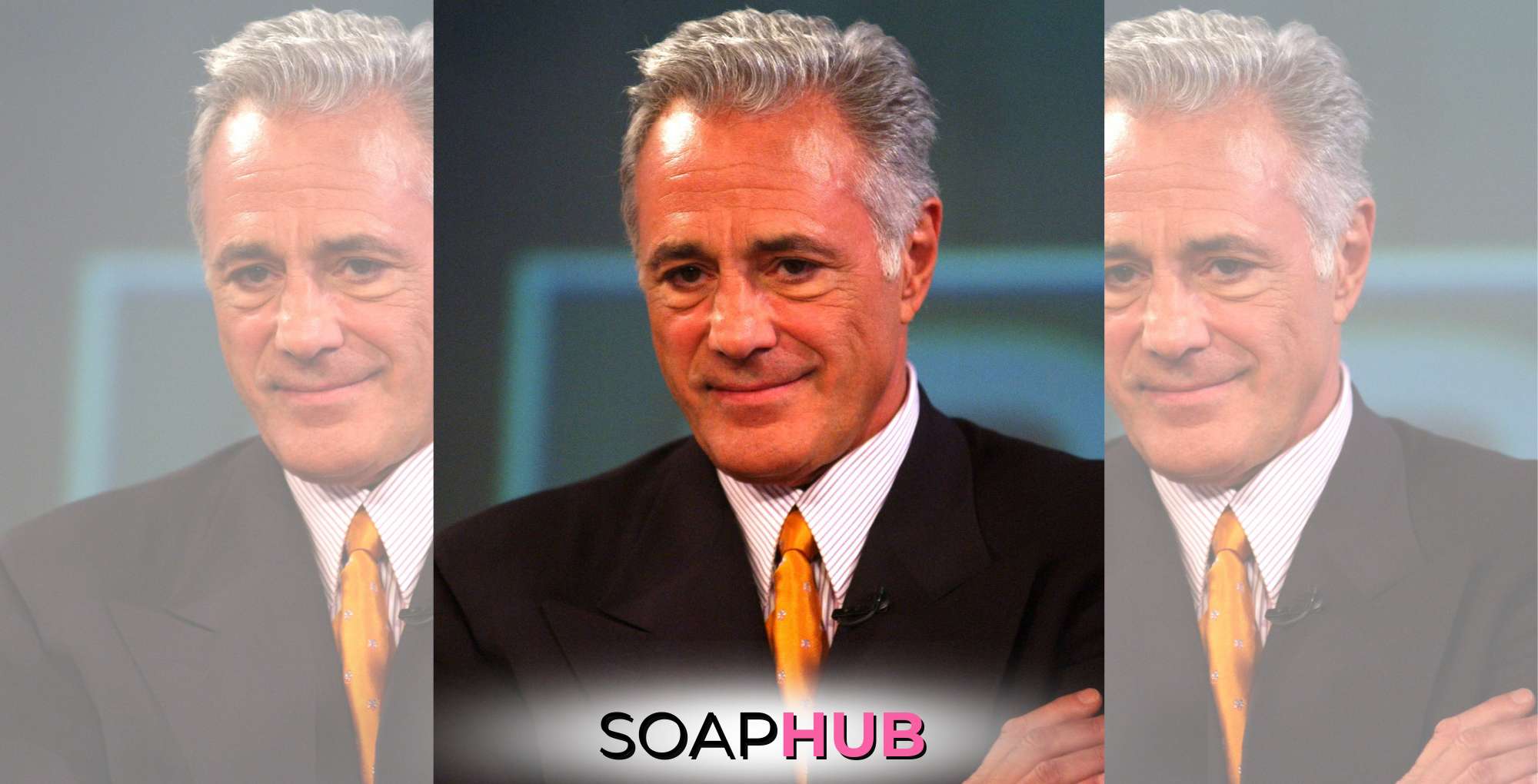E-sports is a booming sports industry with 500 million loyal fans worldwide and many more active players.
With over three billion gamers worldwide, esports is expected to experience tremendous growth in the coming years, so companies are increasingly using esports sponsorship to strengthen their brands and reputations among the next generation.
E-sports fans are predominantly young and therefore particularly vulnerable to misleading information and greenwashing by environmentally harmful companies.
Shell’s shame
Concerns about esportswashing first emerged in 2023 when fossil fuel giant Shell partnered with Fortnite, one of the world’s most popular online games with a profile of very young players, to promote its new premium gasoline V-Power® NiTRO+.

Players were invited to explore a Shell-branded island where they could refuel virtual vehicles at interactive Shell gas stations and were encouraged to post screenshots online using the hashtag #Shellroadtrips.
Compared to other popular esports games, Fortnite’s audience is remarkably young: about 53 percent of players are between the ages of 10 and 25. That’s the climate equivalent of the time when children were used and exposed to cigarette advertising and sponsorship.
e-sportswashing
Today, carbon-intensive companies such as fossil fuel companies and oil powers such as Qatar and Saudi Arabia increasingly see sport as an opportunity to distract from their environmentally and socially damaging practices.
As the public calls for more ambitious climate protection targets, sport is proving to be an effective tool for improving the industry’s reputation, gaining influence and spreading misleading environmental claims.
To end this practice, similar controls as those in place for tobacco production are needed to prevent the promotion of carbon-intensive products and lifestyles.
Major oil companies from Shell to BP have doubled down in recent months, failed to keep their climate promises and signaled to investors that they are focusing on their core business of producing and selling fossil fuels.
Cheesing and Griefing
The oil states also show no signs of joining the climate goals. Some are even using their role as hosts of climate negotiations to get more deals. In the language of the players, this could be called “camping” – sticking to a static position in order to gain an advantage.
Applying old tricks like sponsorship to new markets like e-sports could be a question of “design.”
The act of sponsorship itself, where you associate your name and brand with a popular activity loved by millions so that you benefit from the association – even if your products pose a threat to the fans and players you are trying to appeal to – that is textbook ‘cheesing’.
Finally, the fact that polluters are sponsoring eSports is the worst case of griefing imaginable, because the sponsors are not only ruining the game for everyone now, but for the long term. That’s why all sports, including eSports, need to get rid of their dirty sponsors and stop promoting pollution.
This author
Andrew Simms is co-director of the New Weather Institute, deputy director of Scientists for Global Responsibility, co-founder of the Badvertising campaign, coordinator of the Rapid Transition Alliance, writer on new and green economics, and co-author of the original Green New Deal. Follow us on X: @AndrewSimms_uk or Mastodon: @[email protected].




